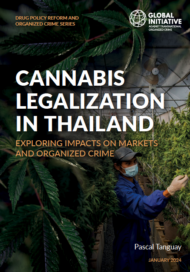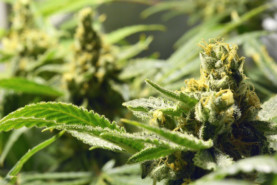Posted on 16 Jan 2024
Initially set in motion by community-led advocacy in 2016, the legal amendments about cannabis consumption, distribution, and production in Thailand over the period from 2018 to 2022 created a de facto legalization of cannabis and associated products. Emerging from a harshly punitive drug control policy, Thailand currently champions the world’s most progressive cannabis market. However, the vulnerability of this progress is palpable, marked by burgeoning tensions, proliferating ambiguity, and uncertainty about its future.
Elections in 2023 have brought a new government to power, headed by Prime Minister Srettha Thavisin, who declared in late September that his government intends to achieve in the next six months a partial reversal of the reforms, recriminalizing recreational use and leaving the medical market as the sole legal arena.
Through a methodical data collection process involving key informant interviews and literature reviews, this report sheds light on the substantial impacts of such policy changes, especially on the illicit markets and organized crime networks. Informed by these insights, the GI-TOC has formulated preliminary policy recommendations to secure a resilient Thai cannabis market that is as balanced as it is sustainable.




